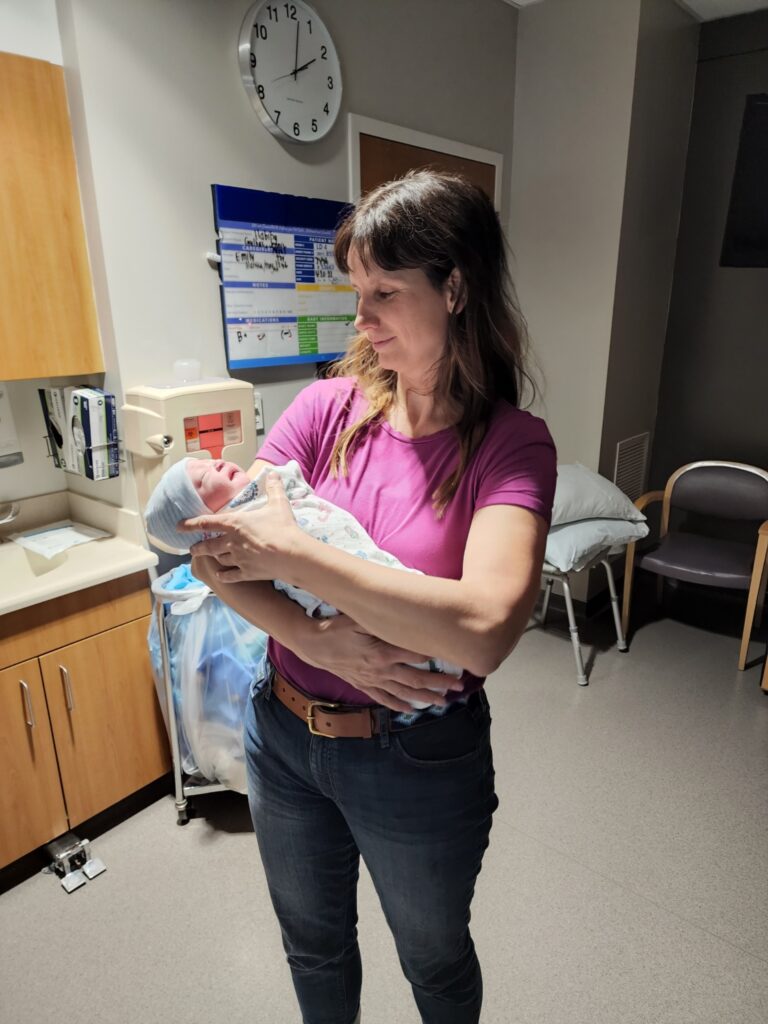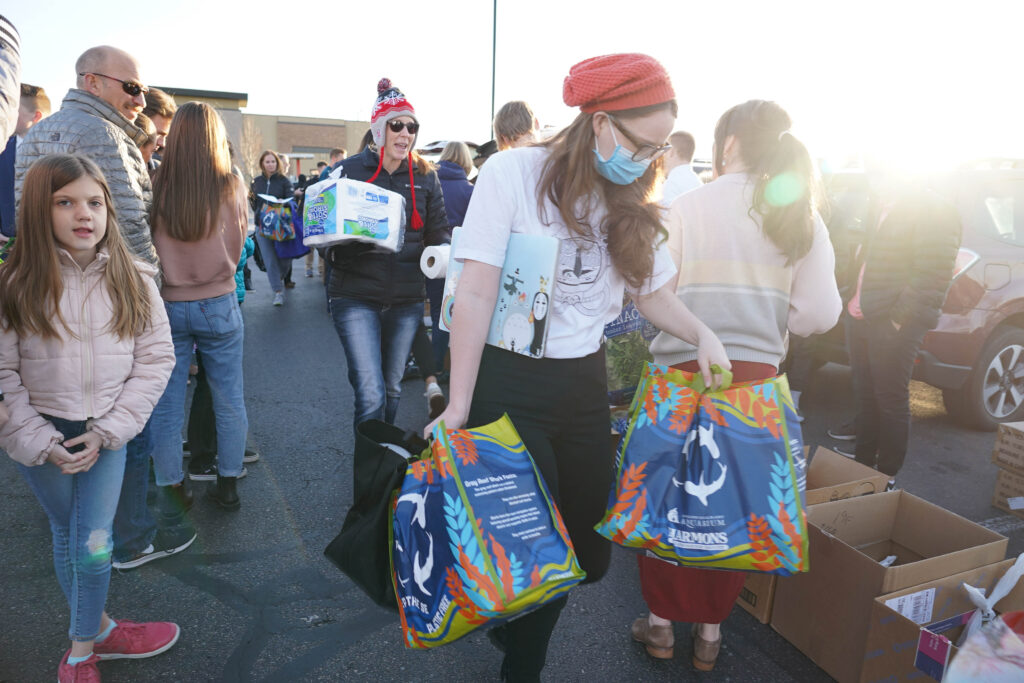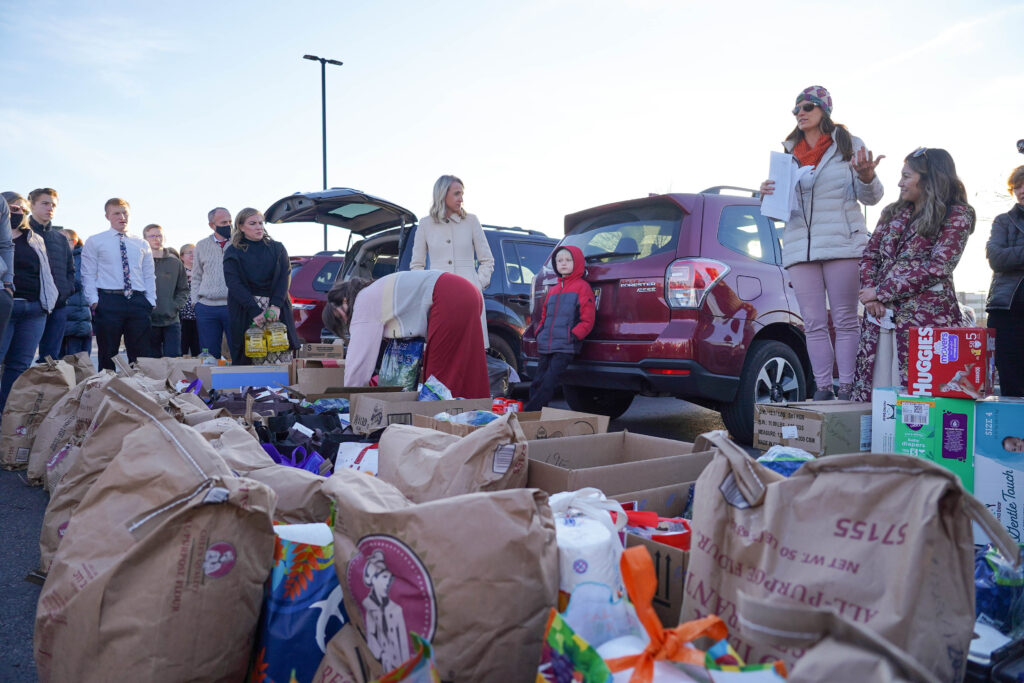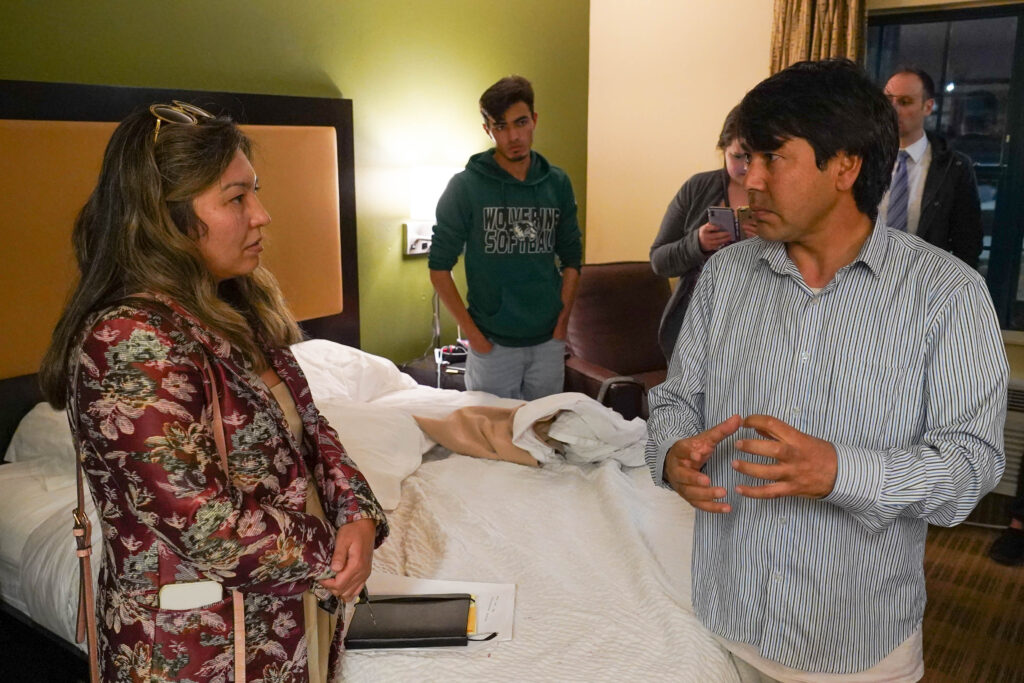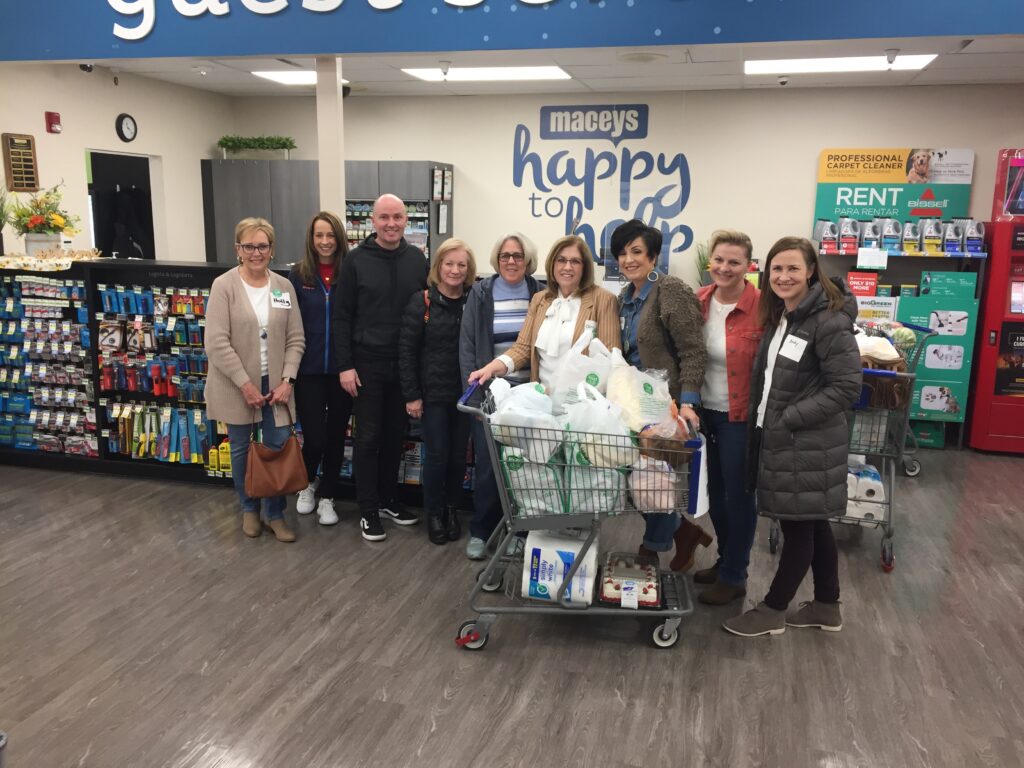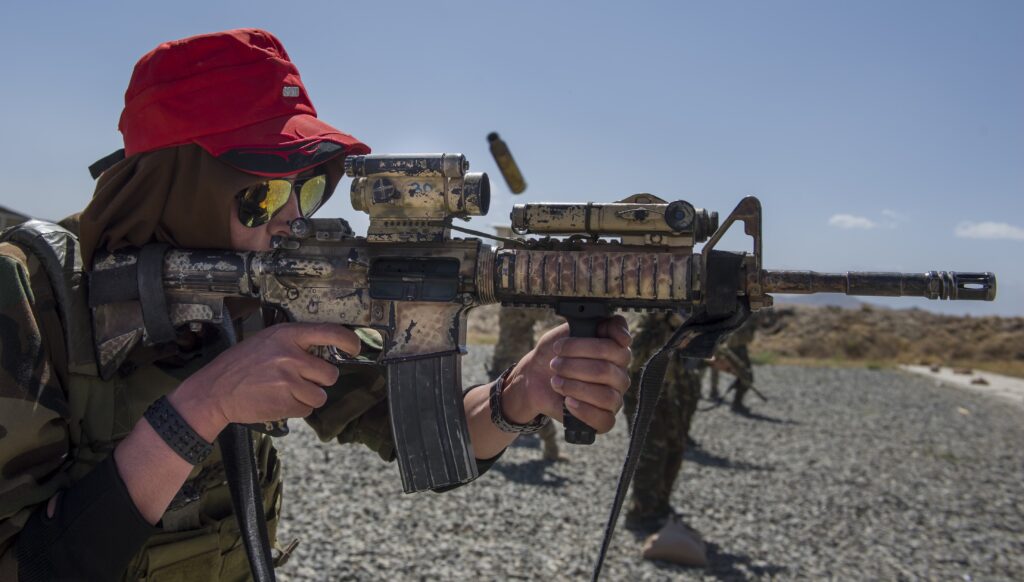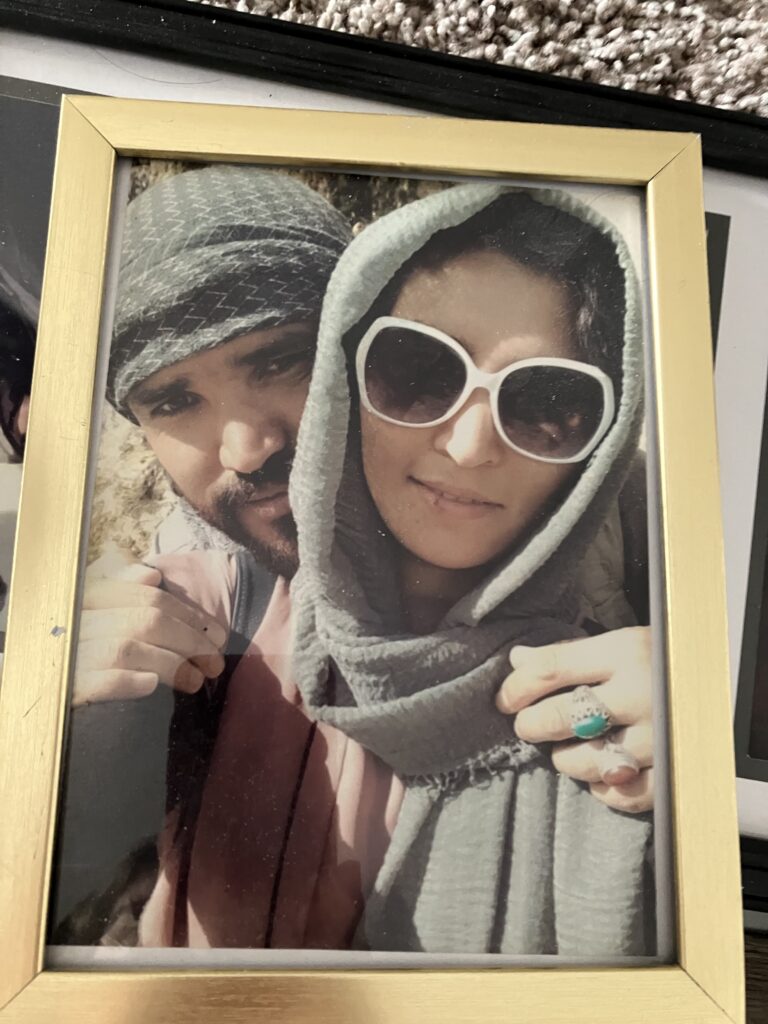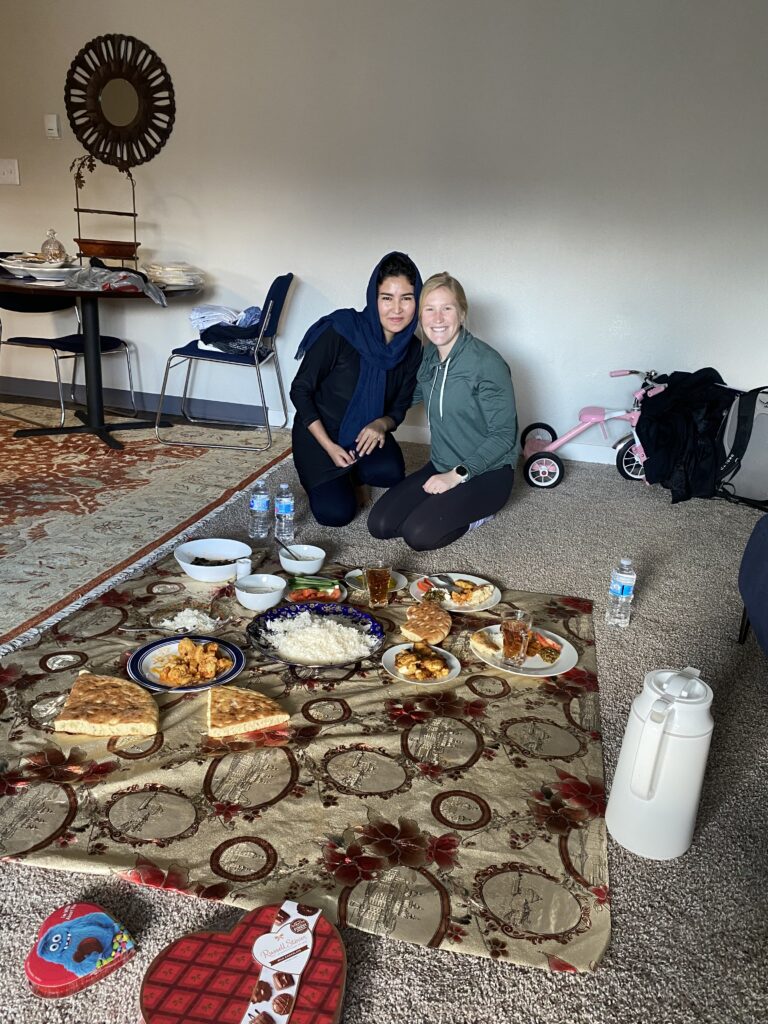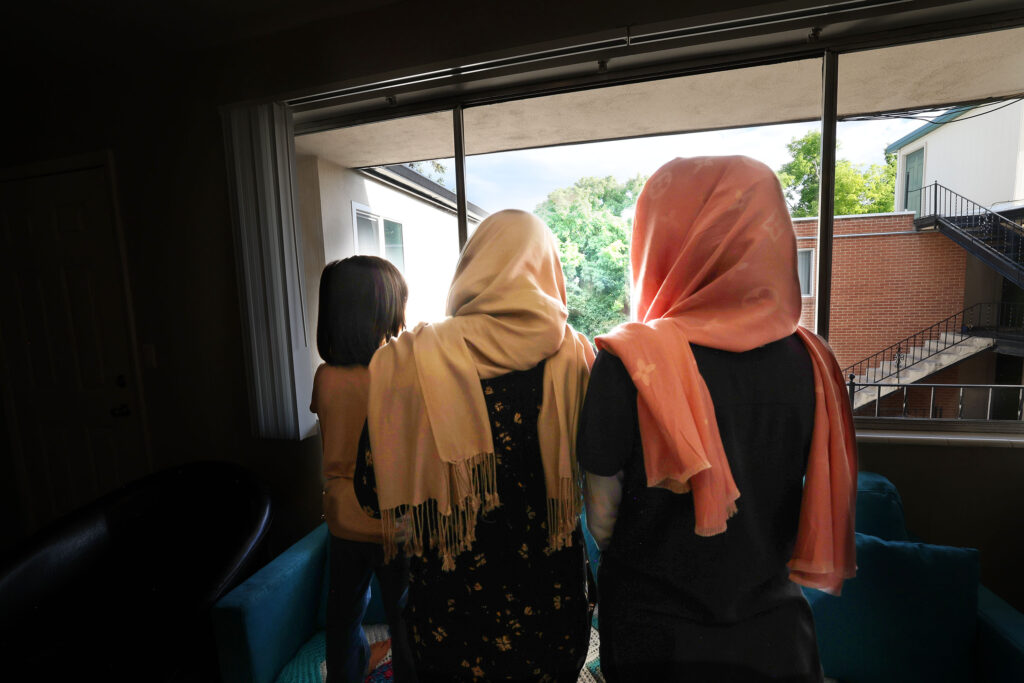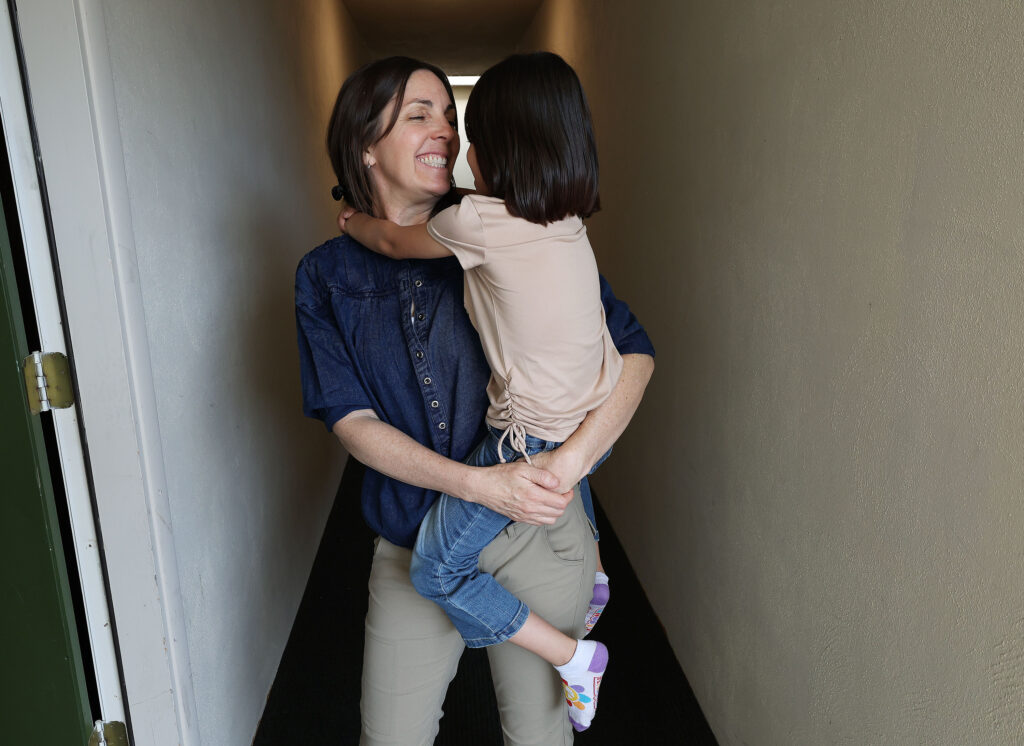
The 5-year-old girl knelt on the carpet next to a white piece of paper and rummaged through a collection of colored pencils in a large can.
While she searched, she glanced at the woman sitting next to her on the floor.
“Put your eyes closed!” she ordered.
After a few seconds, she thrust a pink pencil high above her head in triumph. She remembered the woman said she liked pink. Then, with the pencil in her grasp, she pushed her tongue against the space at the front of her mouth where her baby teeth used to be and intently crafted the letter ‘A’.
When the woman opened her eyes, she laughed, a mixture of admiration and disbelief. She’d learned so much in such a short amount of time.
This little girl, who we’ll call Ava, was one of about 80,000 Afghans to make it to America during the dangerous and chaotic evacuation at the Kabul airport following the U.S. military withdrawal in August 2021. She and her extended family were all trying to get into the airport, but in the masses of people pressing towards the gates, they were separated. Ava’s aunt carried the small girl in her arms so she wouldn’t be crushed in the crowd. The girl and two of her aunts, then ages 15 and 31, somehow made it through the airport gates, but their parents did not.
Eventually, they were sent to Salt Lake City, Utah, as part of the federal government’s resettlement program. They do not want to use their names because they’re afraid for the safety of their family members who remain in Afghanistan.
As they struggled to rebuild their lives in a new home in a new country without their family, they met a neighbor named Kerry Wickman who lived a couple blocks away. She’s the one who was admiring Ava’s new alphabet skills.
When Wickman first met this family, Ava constantly expected her mother and father to show up at their Salt Lake city apartment. As weeks turned to months, she started kindergarten, made friends, and began learning English. She did it all without being able to seek guidance from mom or advice from dad.
Over time, Wickman’s frequent visits began to fill a void for the whole family and eventually, she wasn’t just Kerry, a nice lady from down the street.
They started calling her mom.
“Can you do a ‘K’?” Wickman asked, thinking of her first name. “Or an ‘M’ for Mom?”
“I’ll do ‘K’,” Ava decided, as she furrowed her brow and pressed down with the pink pencil.
Wickman, who is a social worker, said when Ava first arrived, she refused to speak to her parents on video chats.
“She’d see their faces and hear their voices, but wouldn’t look, would turn away,” Wickman said. “I think that she – not understanding what happened – believes that they abandoned her, that she wasn’t important enough for them to come along. I don’t know how you rectify this damage until this family is reunited again. I don’t know how this is going to end up for Ava.”
Since meeting this family, Wickman has done everything possible to help bring Ava’s parents to the US. She even researched the possibility of paying for a private rescue flight. When that didn’t pan out, she started talking to attorneys, politicians and officials, anyone who would listen.
“This family’s life was in danger. The Taliban were searching for people to hurt and kill who had family members in the U.S.,” she said. “It was incredibly dangerous. It still is.”
They were advised by lawyers, if they wanted to bring their family to the country, they needed permanent residence themselves. Like most Afghans who were evacuated to the U.S. in 2021, they were allowed to stay under a temporary status called humanitarian parole.
They have to apply for asylum in order to get a green card, to get on a path towards citizenship. Everything depends on this asylum application – whether they can stay in the US legally, and whether they can bring their family to join them.
“Everybody’s nervous”
“Everybody’s nervous because you don’t know what’s going to happen,” said Ava’s teenage aunt.
“If they don’t approve our case, maybe the lawyer said that you’re going to have to go back to your country,” Ava’s older aunt said.
The fear that they’ll have to return to the country they fled is something many Afghans evacuated to America feel. In the final episode of the KSL Podcast “Stranger Becomes Neighbor”, Ava’s family and others struggle with the uncertainty of their immigration status and the continued separation from family. The people who have become their friends and neighbors try to help, but what can ordinary people do to change federal policy or to speed up the backlog of asylum applications?
Attorney Emily Nuvan felt the pressure when she volunteered to file an asylum application for an Afghan soldier from the Female Tactical Platoon who had assisted US special forces. Nuvan, who had only recently graduated from law school, was working mostly in white collar crime and securities litigation. Before taking on this pro bono case, she had never felt such a heavy responsibility.
“It really is having another person’s life in your hands,” Nuvan said. “If they don’t get approved for asylum, they would be sent back to Afghanistan, they’d be in danger of their lives. So this is a lot of weight on my shoulders.”
Of the 43 soldiers from the Female Tactical Platoon now living in the U.S., 16 have been granted asylum. The woman who Nuvan represents is still waiting.
Aden Batar, Director of Migration and Refugee Services for Catholic Community Services of Utah, said he has been trying to reassure Afghans.
“You don’t need to worry about your status,” Batar said to a group of evacuees that attended an informational meeting. “The government brought you here, they’re not going to abandon you. One way or the other, we will get everybody their legal status,” he said. “It might take some time.”
Batar was more concerned that once their temporary status expired, Afghans could lose access to government assistance, or the ability to work legally or obtain healthcare. Basically, if they don’t have this status, they may find it impossible to live in the country.
“We don’t want anything interrupting their benefits that they’re receiving from the state,” he said. “If the parole ends, and they don’t have other immigration status, their benefits may be interrupted.”
In August, 2022, a bipartisan coalition in Congress introduced new legislation called the Afghan Adjustment Act. The bill was designed to speed up the process to obtain lawful permanent residence for evacuees and to clear a pathway for those eligible in Afghanistan to come to the US.
In this bill, Kerry Wickman saw a chance to help her friends secure their futures in the country, and hopefully, a path to reunite Ava with her parents. Wickman, who never intended to get involved in politics, found herself working alongside military veterans and faith-based groups who were also advocating for the bill. She wrote editorials and met with U.S. senators and representatives, telling them about Ava’s family. But to this day, there has not been a vote in Congress on the Afghan Adjustment Act.
“I don’t know what else I can do,” she told the family. Over time, they stopped asking her for updates or information, a sign that they were losing hope. “We’re just waiting.”
Then, on June 8th, 2023, just as their temporary status was about to expire, the Biden administration announced a fix – an extension of humanitarian parole for another two years. But this was another temporary solution. It did not get them any closer to lawful, permanent residence.
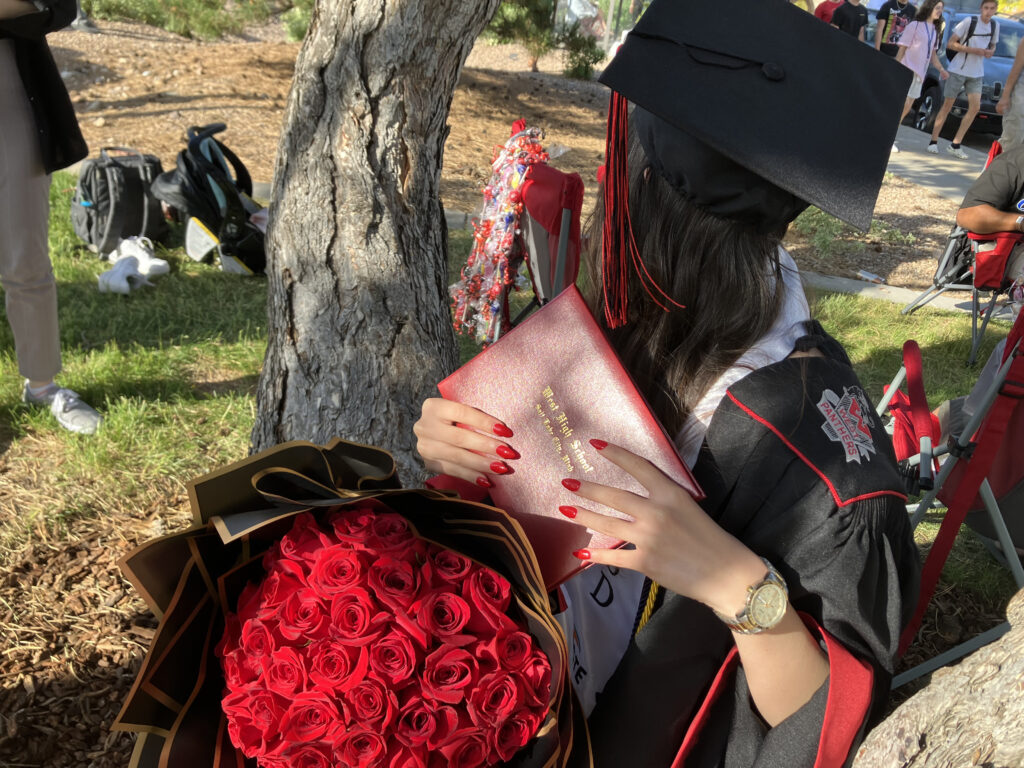
While they live with the uncertainty of their status in the country and the anxiety of being separated from family, Ava celebrated her sixth birthday and started first grade, her 17-year-old aunt graduated from high school, and her 32-year-old aunt got her driver’s license. Kerry Wickman has been with them throughout, as their stand-in “Mom,” introducing Ava to swimming, taking them to appointments, navigating job and college applications, cheering them on or offering a shoulder to cry on during their triumphs and setbacks.
They were doing their best to build new lives in America, even as their hopes about being reunited with their families dimmed. But then one day, they got an unexpected phone call from home. They didn’t dare tell Ava, but there was a chance her parents might finally be coming to live with her in the U.S. That’s in the final episode of “Stranger Becomes Neighbor”.

